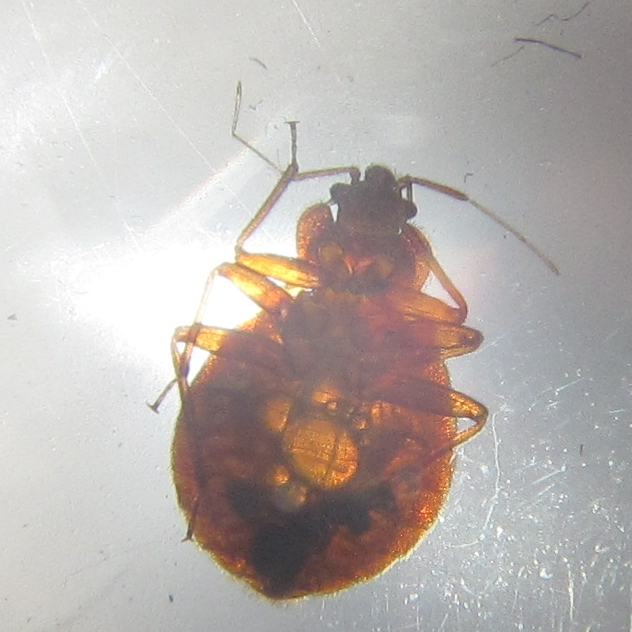The stereotypical assumption is that mice infest only messy homes is false! Clean homes have all of the makings of an environment in which mice can thrive. A clean home most often still has water, food and some sort of nesting materials (insulation, towels, blankets, clothes, material, paper, etc). It can be harder to deal with a rodent infestation in a messy home, but clean homes and messy homes alike are susceptible to mouse infestations. Mice are not a reflection on the cleanliness of the human inhabitants of a home. That said, the earlier mice are dealt with the better.
Mice can cause a number of problems:
- The first problem is sanitation of food and food preparation areas. If mice are getting into food, it is no longer a safe food for people to eat because of the bacteria associated with mice as well as feces.
- Another major problem mice can cause is compromised electrical wiring. Mice can chew on and through cords and wires in a home putting the home at a greater risk for fire.
- Mice can tear up insulation and duct work. The insulation can be a big mess to clean up and the duct work can be costly to repair depending on the extent of the damage and how easily the damaged areas can be accessed.
- Mice can ruin clothing, blankets, towels, papers, and keepsakes. They will shred cloth and paper to make their nests. Rodent feces and urine can also stain and contaminate many different types of items.
- Mice generally make a mess of the area they are nesting and can leave food and food trails around attracting other pests, such as cockroaches.
- Store all open food in sealed containers. This goes for food of the human and pet varieties.
- Keep important documents in a document safe or other sealed container that will be difficult for mice to get into.
- Keep unused or keepsake clothing and linens in air tight storage.
- Regularly check (or have someone brave check) your crawlspace, garage, etc. If you hear scurrying or munching sounds I'd go with a professional inspection.
- Bird feeders and bird food can encourage rodents. I recommend not using bird feeders-- or choosing hummingbird feeders instead of typical bird feeders.
Micah Wood
peak-pest-management.com
Micah@peak-pest-management.com
503-998-4322
360-607-1933

